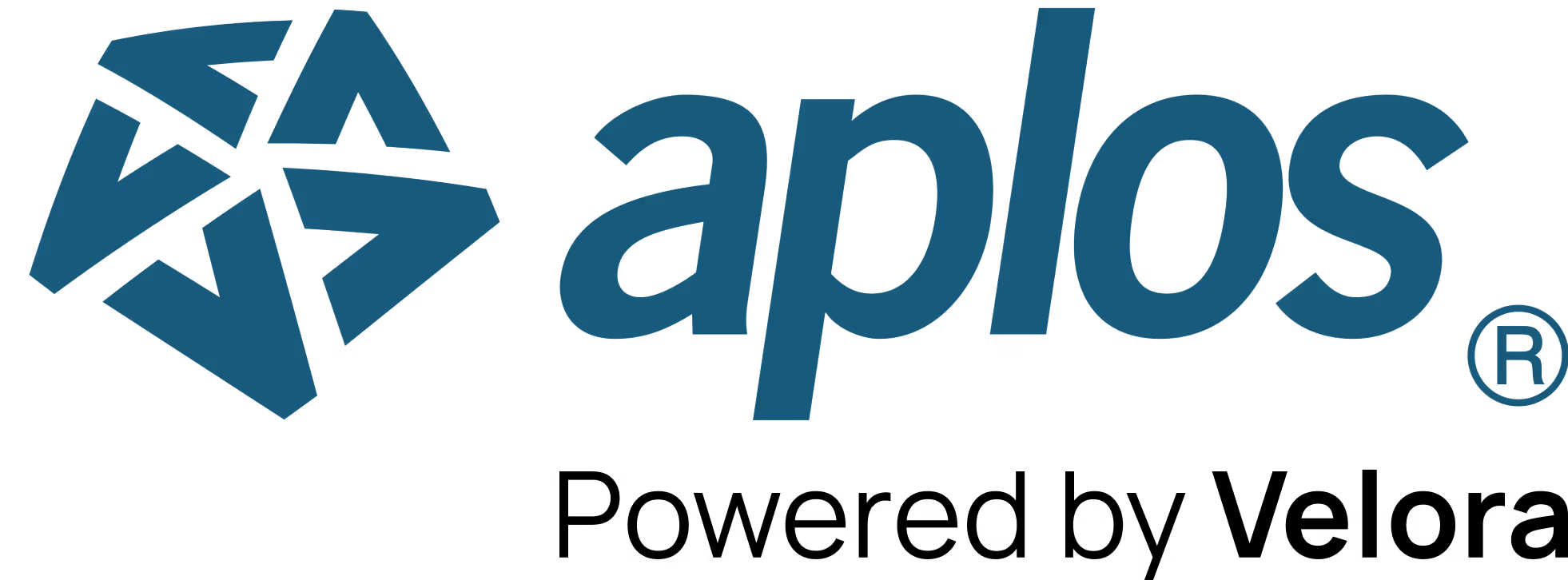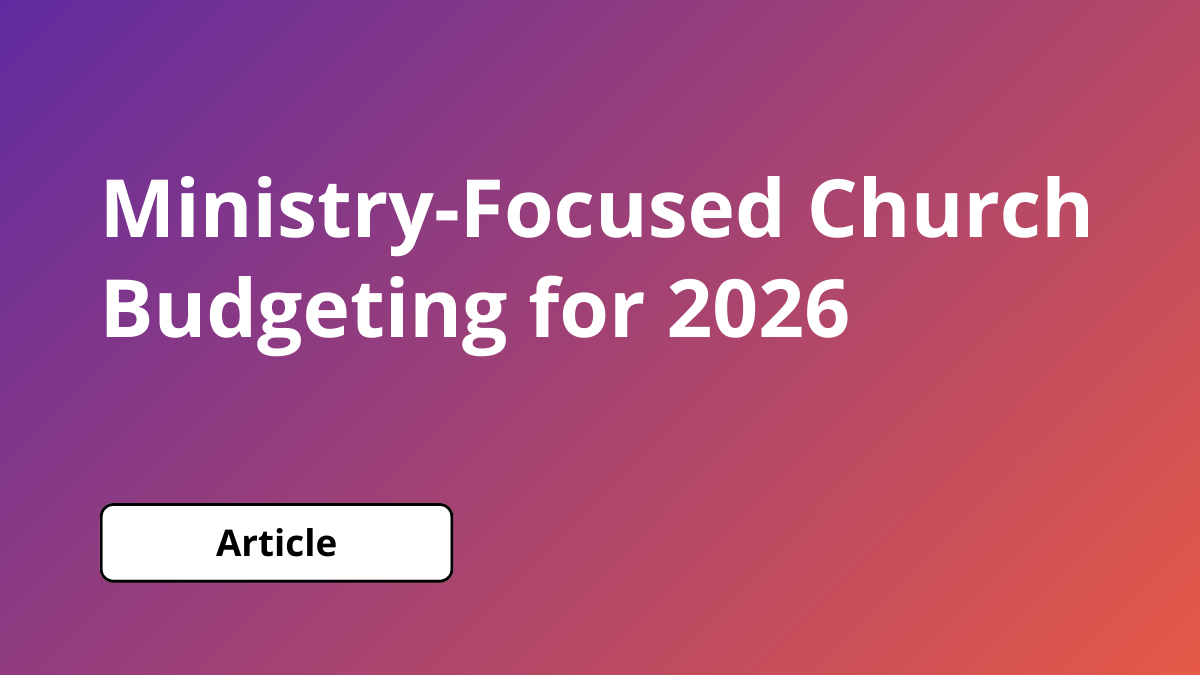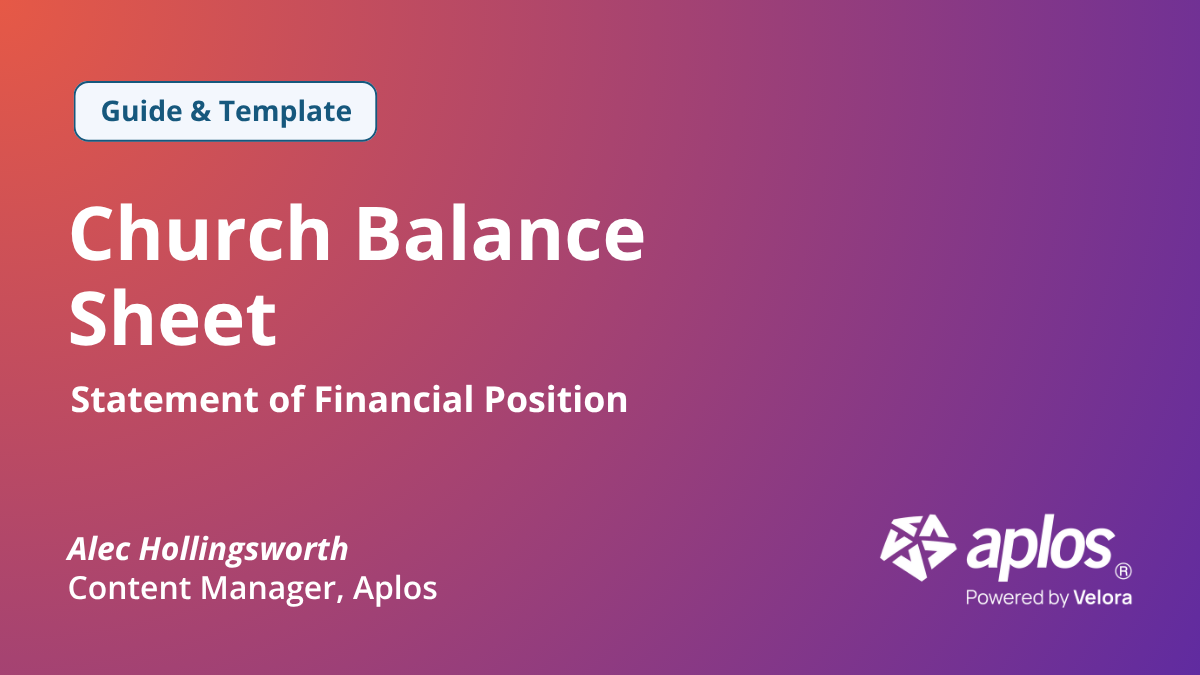
Why Your Church Needs a Modern Accounting Program: The Complete Guide

Let's face it - managing church finances can be a real headache! But here's the good news: the right accounting program for churches can make your life so much easier. Let's dive deep into everything you need to know about modernizing your church's financial management.
The Basics: Why Church Accounting Matters More Than Ever
Think of church accounting as keeping track of your congregation's financial story. On average, churches receive donations of about $205 per contribution, and keeping track of all that money needs to be spot-on. When you use a proper accounting program for churches, you're not just organizing numbers – you're building trust with your congregation by showing them exactly how their donations are making a difference.
The Trust Factor
Here's something interesting: churches that maintain transparent financial records see a 58% increase in contributions. Why? Because people give more when they can see their donations at work. A good accounting program for churches makes this transparency automatic and easy.
Beyond the Basics
Modern church accounting isn't just about tracking Sunday offerings anymore. You're dealing with:
- Online donations
- Recurring gifts
- Special event income
- Multiple ministry budgets
- Payroll for staff
- Building maintenance funds
- Mission trip expenses
What to Look for in Church Accounting Software: A Detailed Breakdown
Not all accounting software is created equal! When you're picking an accounting program for churches, here's what really matters:
Must-Have Features
- Fund tracking that actually makes sense (because church finances aren't like regular business finances)
- Easy-to-use donation management (because nobody wants to spend their Sunday wrestling with spreadsheets)
- Reports that don't require an accounting degree to understand
- Cloud access so your team can work from anywhere
Nice-to-Have Features
- Mobile app access for on-the-go management
- Text-to-give capabilities
- Event registration integration
- Member directory integration
- Volunteer hour tracking
- Pledge campaign management
Real Success Stories
- St. John's Church cut their report preparation time by 30% just by switching to the right software
- First Baptist saw a 45% increase in online giving after implementing a user-friendly donation system
- Grace Community Church reduced their administrative costs by 25% through automation
Why Church-Specific Software Beats Generic Accounting Tools
Sure, you could use regular accounting software, but church-specific programs offer features that make your life way easier:
Contribution Management
- Automatic thank-you notes to contributors (because gratitude matters!)
- Year-end giving statements
- Pledge tracking
- Split gift recording
- Designated fund management
Financial Management
- Special church fund tracking (like building funds, mission funds, etc.)
- Tax compliance features built specifically for churches
- Budget vs. actual reporting
- Cash flow forecasting
- Bank reconciliation
Engagement Tools
- Member giving trends
- Attendance tracking
- Ministry participation metrics
- Volunteer management
- Communication tools
Making It Work for Your Church: Implementation Guide
Successfully implementing a new church accounting program requires careful planning and execution. Start by thoroughly assessing your current needs - look at your pain points, talk to your volunteers and staff about their challenges, and identify what's working well that you want to keep. Set a realistic budget that considers not just the software cost, but also training time and any necessary hardware upgrades. Getting leadership buy-in is crucial; make sure your pastor, board, and key volunteers understand both the short-term challenges and long-term benefits of making the switch.
Training your team effectively makes all the difference in a successful transition. Begin with your key staff members - these are the people who will use the system most frequently and can help train others. Create simple, step-by-step process documents that anyone can follow, and supplement these with video tutorials for visual learners. Schedule regular check-ins during the first few months to address any questions or concerns that arise. Remember to celebrate small wins along the way - when someone masters a new feature or finds a better way to handle a task, share that success with the whole team.
To ensure long-term success, establish clear best practices from the start. Set up a schedule for regular data backups and make sure multiple people know how to verify that backups are working. Plan for monthly reconciliation of all accounts to catch any discrepancies early. Schedule quarterly financial reviews to ensure you're making the most of your new system's features and to identify any areas where additional training might help. Prepare for your annual audit throughout the year by maintaining organized digital records and clear audit trails. Stay current with software updates to ensure you have the latest security features and functionality improvements.
Real churches have found that taking these implementation steps seriously pays off in the long run. For instance, First Presbyterian took six months to fully transition to their new system, but because they followed a careful implementation plan, they haven't had a single major financial hiccup in the three years since. Their administrator notes, "The time we spent on proper setup and training has saved us countless hours of troubleshooting and corrections down the road."
Real Talk: Solving Common Church Finance Headaches
Churches face unique challenges when it comes to money management. About 45% of your congregation might be involved in volunteer work, which means you need a system that's easy for everyone to use.
Common Challenges and Solutions
- Challenge: Tracking restricted donations
- Solution: Use fund accounting features to separate and track different types of gifts
- Challenge: Managing multiple budgets
- Solution: Set up departmental budgets with roll-up reporting
- Challenge: Volunteer treasurer turnover
- Solution: Choose software with strong documentation and support
Security and Compliance
- Protected donor information
- Secure online giving
- Audit trails
- Backup systems
- Permission controls
Advanced Features Worth Considering
As your church grows, you might want to look into:
Integration Capabilities
- Church management software
- Email marketing tools
- Website donation buttons
- Social media giving
- Text-to-give platforms
Reporting and Analytics
- Custom dashboard creation
- Trend analysis
- Giving patterns
- Ministry impact metrics
- Budget forecasting
Automation Features
- Recurring donation processing
- Scheduled reports
- Auto-categorization of transactions
- Payment reminders
- Statement generation
Making the Switch: Transition Tips
Ready to upgrade your church's accounting system? Here's how to make it smooth:
Planning Phase
- Audit current processes
- Document pain points
- Set clear goals
- Create a timeline
- Assign responsibilities
Implementation Phase
- Start with a pilot program
- Convert data systematically
- Train key users first
- Document new procedures
- Keep old system as backup
Follow-up Phase
- Regular check-ins
- Process refinement
- Additional training
- Performance metrics
- Success celebration
The ROI of Church Accounting Software
Getting the right accounting program for churches isn't just about making bookkeeping easier (though it definitely does that!). Let's talk real benefits:
Time Savings: Real Church Case Studies
Here's how churches are saving time with modern accounting software:
Small Church Example: Grace Fellowship (150 members)
- Before: 12 hours/week on financial tasks
- After: 3 hours/week
- Key savings:
- Contribution processing: 6 hours to 1 hour
- Report generation: 3 hours to 15 minutes
- Budget tracking: 2 hours to 30 minutes
- Tax preparation: 5 days to 2 hours annually
Medium Church Example: Trinity Community (500 members)
- Before: 25 hours/week on financial tasks
- After: 8 hours/week
- Key savings:
- Contribution processing: 10 hours to 2 hours
- Financial reporting: 8 hours to 1 hour
- Volunteer coordination: 4 hours to 30 minutes
- Audit prep: 2 weeks to 2 days annually
Large Church Example: City Life Church (1,200+ members)
- Before: 60 hours/week on financial tasks
- After: 20 hours/week
- Key savings:
- Contribution processing: 20 hours to 4 hours
- Multi-department budgeting: 15 hours to 3 hours
- Financial analysis: 12 hours to 2 hours
- Year-end closing: 3 weeks to 3 days
"The time savings aren't just about efficiency," says Pastor Mike from City Life Church. "It's about what we can do with those extra hours. We're finally able to focus on ministry instead of spreadsheets."
Financial Benefits
- Better donation tracking
- Improved budget management
- Reduced errors
- Lower administrative costs
- Increased giving through transparency
Ministry Impact
- More time for actual ministry
- Better resource allocation
- Improved donor relationships
- Greater ministry effectiveness
- Enhanced community trust
Remember: your church's mission is what matters most. The right accounting software just helps you fulfill that mission more effectively by keeping the financial side of things running smoothly in the background. When you've got the right tools, managing church finances doesn't have to be overwhelming. It can actually help bring your church community closer together by creating transparency and trust around financial matters.
Next Steps to Get Started
Ready to modernize your church's financial management? Here's what to do:
- Assess your current needs and pain points
- Research church-specific accounting solutions
- Get demos of your top choices
- Involve key stakeholders in the decision
- Plan for implementation and training
- Make the switch gradually and systematically
- Compare Aplos to Quickbooks
Remember, the goal isn't just to get new software – it's to free up more time and resources for what really matters: serving your congregation and community.
Frequently Asked Questions
Why does church accounting matter?
You build trust and show donor impact; average contribution is about $205 and transparency can increase contributions by 58%.
What must-have features should you look for in church accounting software?
Look for fund tracking, easy donation management, reports understandable without an accounting degree, and cloud access.
How should your church track restricted donations?
You should use fund accounting features to separate and track different types of restricted donations.
What steps help make implementation successful?
Assess needs, get leadership buy-in, train key staff, create step-by-step process documents, and schedule regular reconciliations and backups.
What time savings can you expect from church accounting software?
You can reduce weekly financial hours: small churches 12→3, medium 25→8, large 60→20 hours per week, per case studies.

Our comprehensive closeout services start at $399 per month that needs to be reconciled. Sign up before Jan 1st and pay just $199.50 per month!
Copyright © 2025 Aplos Software, LLC. All rights reserved.
Aplos partners with Stripe Payments Company for money transmission services and account services with funds held at Fifth Third Bank N.A., Member FDIC.
Copyright © 2024 Aplos Software, LLC. All rights reserved.
Aplos partners with Stripe Payments Company for money transmission services and account services with funds held at Fifth Third Bank N.A., Member FDIC.



.png)



